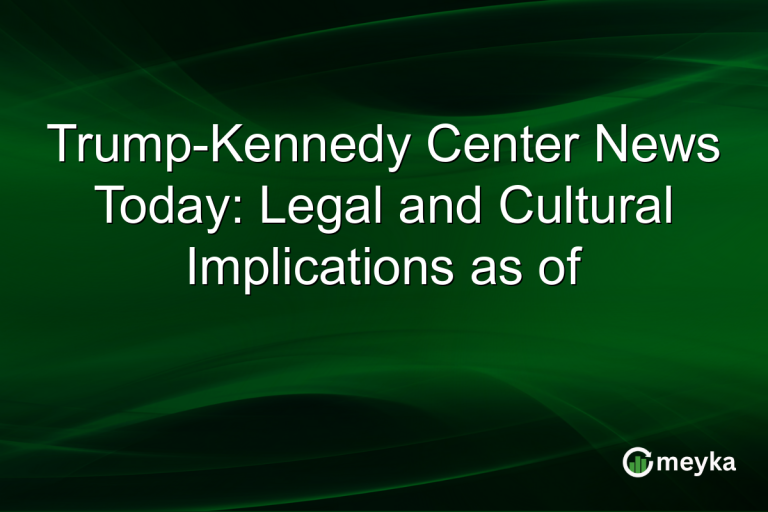Ron Goldman Case Settlement: O.J. Simpson’s Estate Agrees to $58M Payout
In a landmark resolution, the estate of O.J. Simpson has agreed to pay $58 million to Ron Goldman’s father. This settlement comes decades after Simpson’s high-profile criminal acquittal and subsequent civil liability ruling. The case’s conclusion may significantly impact how estate transparency and liability settlements are navigated in probate courts, emphasizing the enduring financial consequences of civil judgments.
Background of the O.J. Simpson Civil Case
The O.J. Simpson civil case followed his infamous 1995 criminal trial where he was acquitted of murder charges. However, a civil court found him liable for the wrongful death of Ron Goldman, alongside Nicole Brown Simpson’s murder, resulting in a $33.5 million judgment. Over the years, accrued interest and unpaid dues ballooned this amount, eventually totaling $58 million.
Despite public opinion and media frenzy, Simpson’s estate had managed to delay payment for decades. This highlights the complexities and longevity often involved in enforcing civil judgments. Such financial stalemates are not unusual in high-profile cases, impacting how victims’ families can seek recompense.
The $58 Million Payout Agreement
The recent agreement by O.J. Simpson’s estate to settle for $58 million reflects a culmination of years of legal wrangling. David Cook, the lawyer representing the Goldman estate, described this as a significant victory for the family. While exact details of the payment timeline remain undisclosed, this settlement marks a critical milestone in a legal saga spanning decades.
This settlement underscores how civil liabilities, particularly from high-stakes cases, can impact an individual’s estate value and distribution. Legal experts suggest this will influence future estate settlements, particularly regarding transparency and timely liability discharge.
Implications for Estate Transparency and Liability
The resolution of the Ron Goldman settlement indicates a shift towards greater accountability and transparency in how estates handle civil liabilities. Estate managers and beneficiaries must now consider how unresolved civil judgments can shadow an estate long-term.
The case sets a precedent for dealing with significant financial liabilities posthumously. Legal analysts predict increased scrutiny in probate courts, focusing on actively managing and resolving civil liabilities to avoid extensive financial damage. This could lead to legislative changes around estate settlements, emphasizing the importance of timely fulfillment of legal debts.
Final Thoughts
This settlement between O.J. Simpson’s estate and Ron Goldman’s family is an emblematic resolution of a long-standing legal issue. It highlights the extended impact civil judgments can have on an estate and its beneficiaries. Looking forward, this case may act as a catalyst for reforms in estate management and liability resolution procedures. The deal not only provides a sense of closure to Goldman’s family but also serves as a cautionary example of the protracted nature of civil litigation and its financial repercussions on estates. As probate courts handle similar cases, this settlement may guide future estate law practices.
FAQs
The $58 million payout from O.J. Simpson’s estate to Ron Goldman’s family represents the culmination of a lengthy legal battle initiated by a civil court’s ruling. It underscores the long-term financial impact civil liabilities can have on an estate.
This settlement highlights the necessity for estate transparency and the proactive management of civil liabilities. It may encourage legal reforms in estate and probate laws, emphasizing timely settlement of legal debts.
The delay stemmed from legal complexities and challenges in enforcing the original civil judgment. Factors such as asset concealment and legal maneuvers contributed to the protracted nature of the settlement process.
Disclaimer:
The content shared by Meyka AI PTY LTD is solely for research and informational purposes. Meyka is not a financial advisory service, and the information provided should not be considered investment or trading advice.






